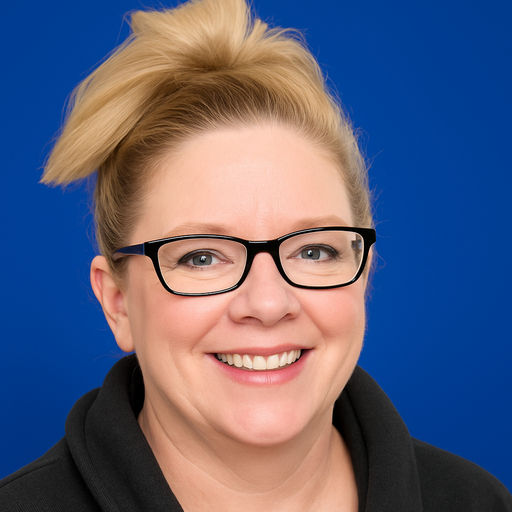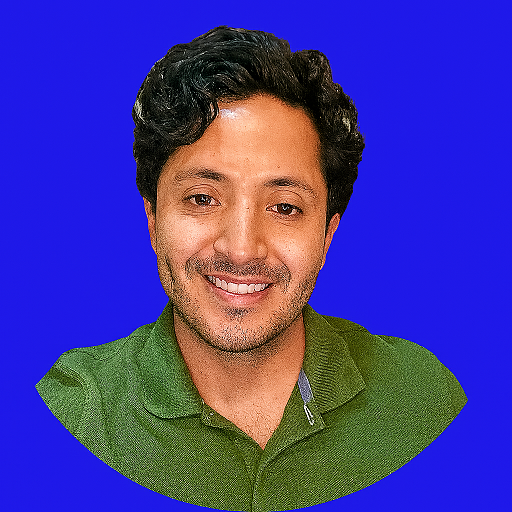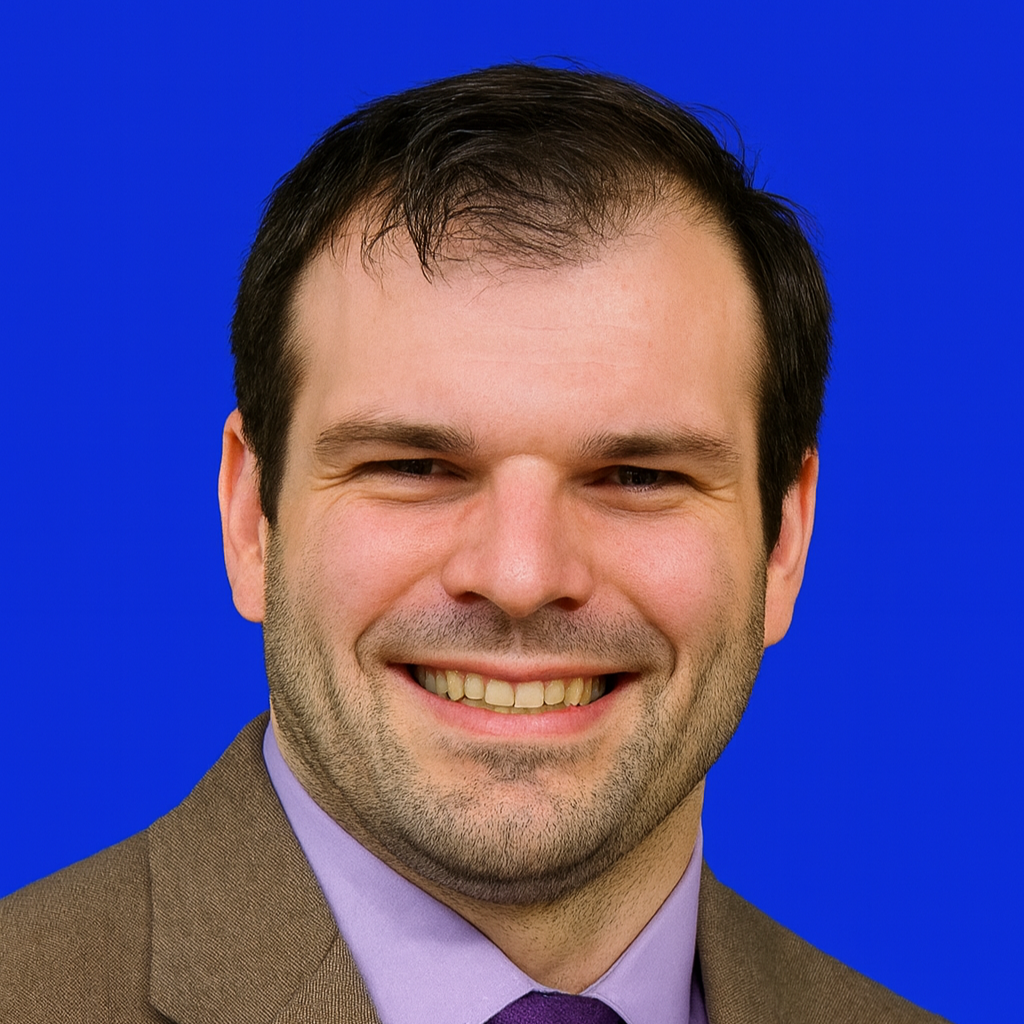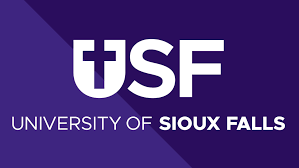I have been tutoring since 2013. I received my bachelor’s degree in mathematics from Rutgers University. I continued onto a PhD program at Rutgers in Economics and have already completed my master’s along the way.
Tutoring subjects:
I have tutored all math levels, including: elementary school mathematics, pre-algebra, algebra I, geometry, algebra II, trigonometry, precalculus, calculus I- III, introductory linear algebra, statistics, probability, discrete mathematics, SAT math, ACT math, and GRE math. I have tutored high school physics and economics, and even Lego Robotics. Additionally, I have also tutored undergraduate and graduate-level courses, including operations research, microeconomics, macroeconomics, econometrics, logic, and computer programming.
Ages I’ve worked with:
I have worked with students of all ages. I have managed small classrooms of first and second graders and assisted adults studying up on math who are looking for a change in careers.
My tutoring style:
Anyone can learn math. Many people seem to think math skills are something that people are born with, but that’s not true. Just like no one was born and drafted into the NBA, no one was born solving for x. Given this, when I meet a new student, I like to make sure they’re confident in their abilities. If you don’t believe that you can solve a problem, the chances are that you won’t find a solution any time soon.
Teaching math is more than just explaining concepts. It’s also talking to people. Getting to know my students is the first step in helping them learn. Since no two students learn the same way, figuring out what each student knows and what helps them understand something new is crucial to helping them really internalize a new concept, rather than just memorizing a new formula.
Success story:
Throughout my tutoring career, I often have students who tell me that they are just not good at math. Most memorable was one particular student, a football player who was stubbornly insistent that math would just never be in his skillset. After barely passing two years of high school math, he just needed to pass one more course to graduate, but his grades in the class so far were not great. Since math courses build on one another, and his foundation was shaky, we had to go back to the basics. But he was willing to work hard, and together we caught him up to speed. While I can’t say he got an A in the end, he did pass his last math course. By the time we finished up, he realized that math was like football (or any sport). You don’t get good by watching other people play, but if you have a good coach and are willing to put in the effort, you can do well. Most importantly, he stopped insisting that he wasn’t good at math.
Hobbies and interests:
- Building Lego sets (the boxes say ages 10-99, so I’m below the median age)
- Collecting trading cards (not to brag, but I do have a Base Set Shadowless Charizard)
- Weightlifting (which is slightly less cool than the previous two)
Math:
- Elementary Math
- Middle School Math
- Common Core Math
- Pre-Algebra
- Algebra I
- Algebra II
- Honors Algebra
- Geometry
- Trigonometry
- Pre-Calculus
- Calculus
- AP Calculus AB
- AP Calculus BC
- AP Statistics
- Competition Math
- College Algebra
- College Geometry
- College Trigonometry
- College Calculus I
- College Calculus II
- College Calculus III
- Linear Algebra
- Statistics I
- Statistics II
- Differential Equations
- Finite Mathematics
- Formal Logic
- Combinatorics
- AP Pre Calculus
- Honors Geometry
- Graduate Level Statistics
Science:
- Physics
- Honors Physics
- AP Physics I
- AP Physics II
- AP Physics: Electricity & Magnetism
Test Prep:
- SAT Math
- ACT Math
- GRE
Business Math:
- Economics
- AP Economics
- Micro Economics
- Macro Economics
Tutoring subjects:











































